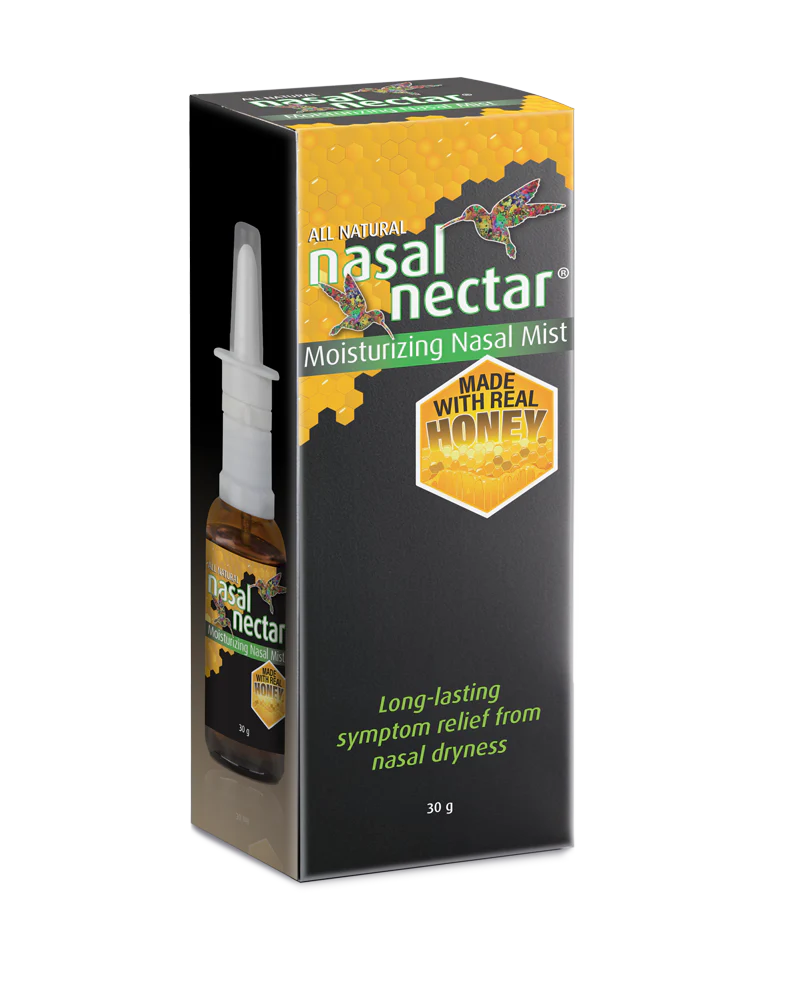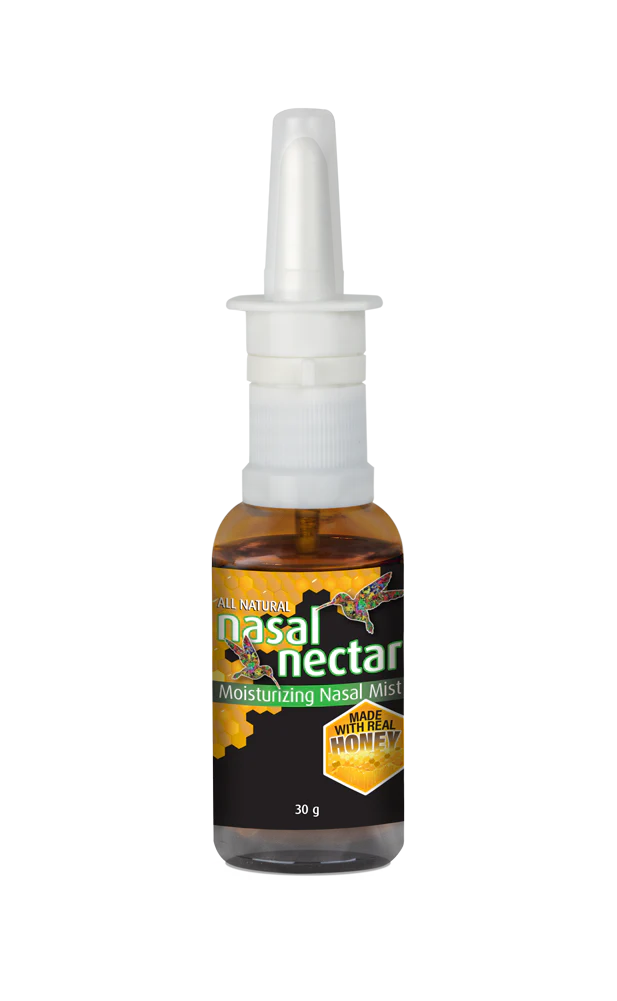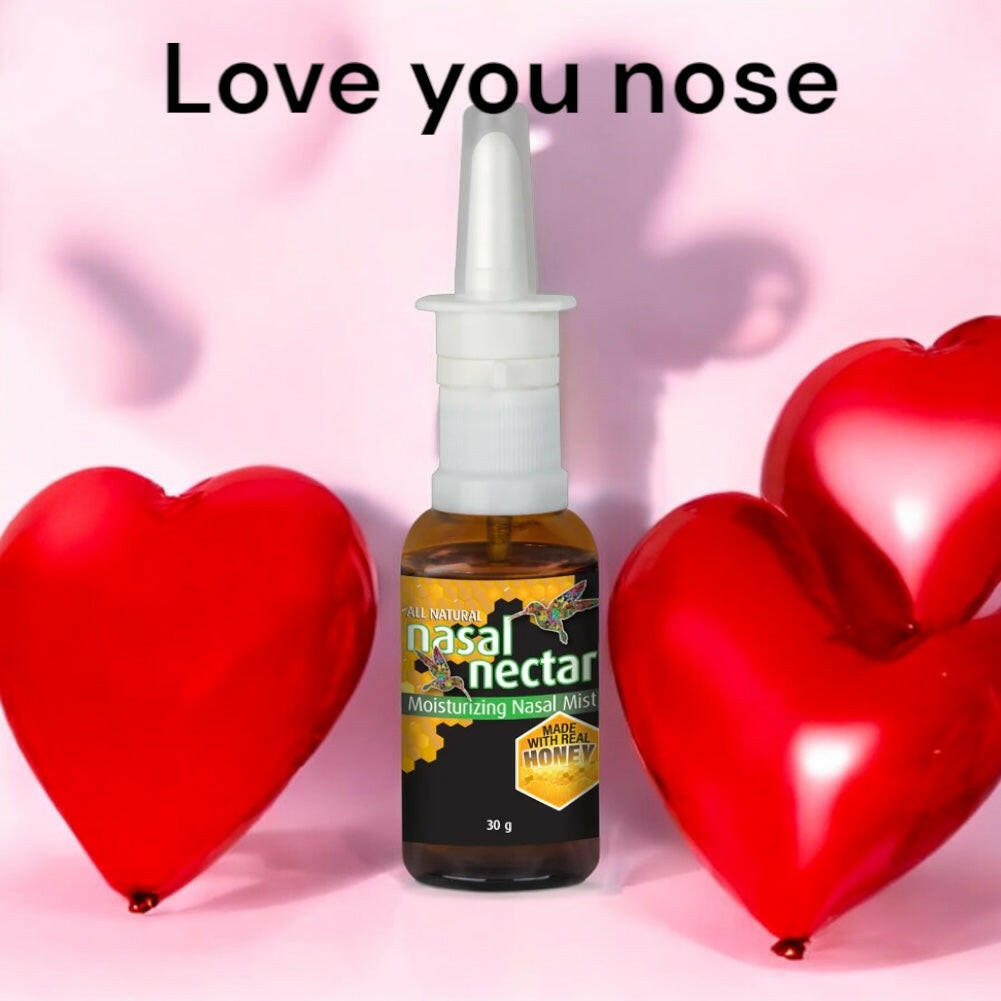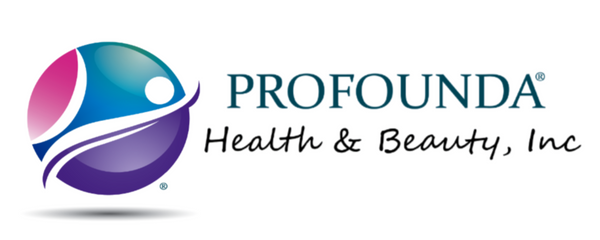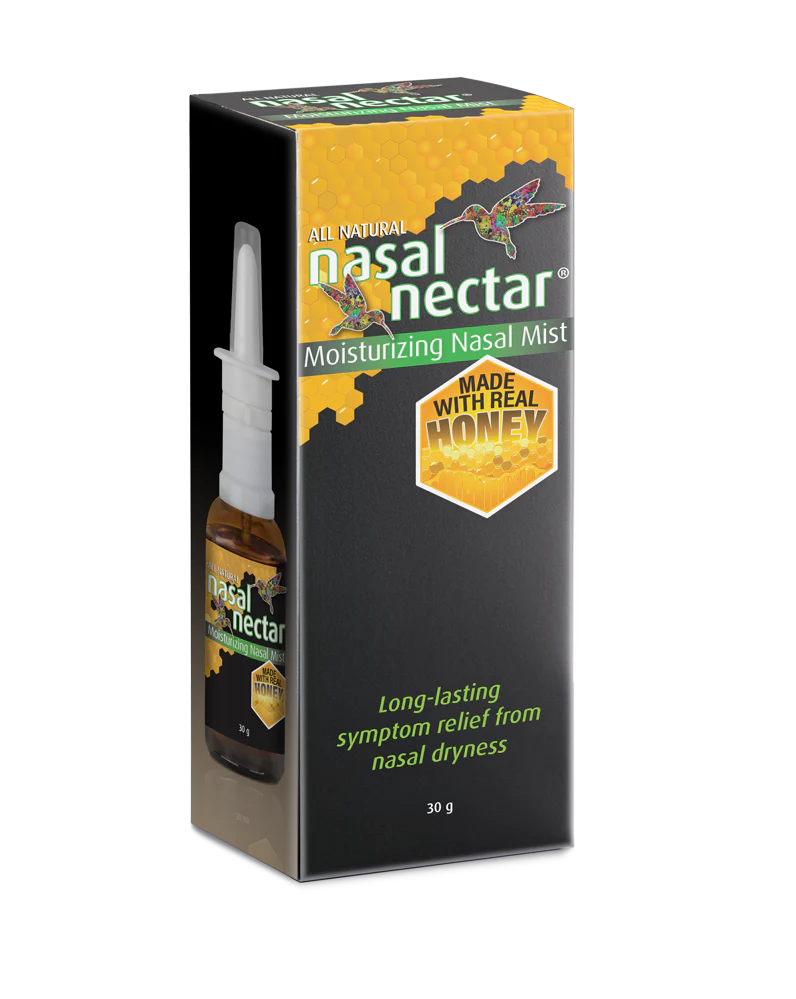Frequently Asked Questions
Rhinase Information
Since the early 1980's this product has been helping people with nasal dryness associated with allergies and has helped in the prevention of nosebleeds caused by nasal dryness. More than just saline, Rhinase offers a unique formulation that provides two salts (NaCl and KCl) as well as two wetting agents that allow for the salts to moisturize as effectively as possible by covering more surface area. Hopefully this section will answer your questions about Rhinase so that you will be informed on why Rhinase may be the best product for you.
What is Rhinase?
Rhinase® is a family of nasal care products that that provides relief for nasal dryness and contains no steroids. Rhinase is easy to apply using your finger or a cotton swab to target the moisturizing gel to the just the right place. All Rhinase® products have no rebound effect and are non-addictive.
Who should use Rhinase products?
Rhinase® Lubricating Nasal Mist and Rhinase® Soothing Nasal Gel can be used in children (over 2 years of age) and adults.
Relieves dryness and irritation in and around the nose (nasal passages) caused by:
- Dry room air
- Allergies
How to contact us?
CALL 407-270-7790 or FAX 407-420-8001
- Low humidity
- Chronic sinusitis
- Nose bleeds
- Stuffy nose
- Colds / Flu
- Winter dryness
- CPAP / BIDAP
- Travel
- Oxygen Therapy
Adds moisture inside the nose to dissolve and soften thick, crusty mucus, making it easier to remove.
Is Rhinase the same as a 'saline only' product?
No. Rhinase® Nasal Mist contains polyethylene glycol (15%) and propylene glycol (5%) as the medicinal ingredients in addition to Nacl and KCl. This allows for a lower dosage of salt minimizing the side effects associated with high salt concentration. concentration. Rhinase® Lubricating Nasal Mist and Rhinase® Soothing Nasal Gel are water-based nasal lubricants that containpolyethylene glycol and propylene glycol as the medicinal ingredients.
How to use saline spray?
Sprau 1-2 into each nostril, 3-4 times per day or as needed.
Can I use expired Flonase or Rhinase?
No you should not. Actually even if not expired, you should use products for no more than 30 days after opening.
Can I use nasal spray or nasal gel for a bloody nose?
Absolutely as dryness can cause bloody noses. Stop the dryness and stop the nosebleeds
Can I use saline spray for kids?
Yes saline sprays are safe for kids aged 2 and above. Speak to your physician. All of our products can be used on children.
Do I need a rx nasal spray for allergies?
Allergies and dry nose have the same symptoms, itchiness, congestion, sneezing and itching. You may be able to control these symptoms by solving the nasal dryness.
How to use saline spray?
Sprau 1-2 into each nostril, 3-4 times per day or as needed.
Can nasal saline stop a runny nose?
Yes it can, however just nasal saline alone is better as a rinsing agent. You still need a way to moisturize your nose with a wetting agent based product.
Will Rhinase cause a rebound effect?
No. These products are formulated to moisturize and lubricate dry nasal passages; they do not contain pharmaceutical decongestants, which are associated with rebound effects.
Can anyone use Rhinase Products?
There are no contraindications. However, patients should not use these products if they are allergic or hypersensitive to any of the ingredients. Rhinase® Lubricating Nasal Mist and Rhinase® Soothing Nasal Gel may be suitable for use in children (over 2 years of age) and adults.
Is pH important for a nasal product?
Yes, the pH can affect how comfortable the spray is. The average baseline human nasal cavity pH is 6.3. * The Rhinase products are pH balanced specifically for the nose unlike other preparations of salt sprays that have a pH of 7.0 which can lead to discomfort and change the normal pH of the nose allowing some bacteria to flourish.
*Washington N, Steeler, Jackson. “Determination of baseline human nasal PH and effect of intranasal administrative buffer.” Journal of Pharmaceutical 198 (2000): 139-146.
Why are the Rhinase products hypotonic versus hypertonic?
There is a lot of confusion about isotonic, hypertonic and hypotonic when it comes to nasal products. An isotonic solution has the same concentration of salt as normal body cells. A hypertonic solution has a higher concentration of salt than normal body cells. Too much salt in the nose can cause permenant damage to the cilia which can affect the ability to smell.
Most practitioners suggest using concentrations of saline which are the same as the salt concentration in the body(this is called isotonic) but the benefits of higher saline concentrations have also been studied. While some patients prefer higher concentrations, these may lead to increased nasal congestion and swelling resulting from irritation related to the high salt content (1,2). High concentrations of salt have even resulted in damage to the small hairs that beat in the nose to keep it clean called “cilia”(3)
1. Hauptman G, Ryan MW. The effect of saline solutions on nasal patency and mucociliary clearance in rhinosinusitis patients. Otolaryngol Head Neck Surg. 2007 Nov;137(5):815-21.
2. Mohammadian P, Schaefer D, Hummel T, Kobal G. Experimentally induced nasal irritation. Rhinology. 1999 Dec;37(4):175-8. - See more at: http://care.american-rhinologic.org/irrigation#sthash.RKX3JGYr.dpuf
3. Harvey RJ, Psaltis A, Schlosser RJ, Witterick IJ. Current concepts in topical therapy for chronic sinonasal disease. J Otolaryngol Head Neck Surg. 2010 Jun;39(3):217-31. - See more at: http://care.american-rhinologic.org/irrigation#sthash.RKX3JGYr.dpuf
Why don't we use Aloe Vera in our products?
What the Science Says:
Aloe latex contains strong laxative compounds. Products made with various components of aloe (aloin, aloe-emodin, and barbaloin) were at one time regulated by the FDA as oral over-the-counter (OTC) laxatives. In 2002, the FDA required that all OTC aloe laxative products be removed from the U.S. market or reformulated because the companies that manufactured them did not provide the necessary safety data.
Early studies show that topical aloe gel may help heal burns and abrasions. One study, however, showed that aloe gel inhibits healing of deep surgical wounds. Aloe gel has not been shown to prevent burns from radiation therapy.
There is not enough scientific evidence to support aloe vera for any of its other uses.
Avoid with known allergy or sensitivity to Aloe vera, its parts, or plants of the Liliaceae family, such as garlic, onions, and tulips. After prolonged use of an aloe gel applied to the skin, hives, allergic skin reactions, redness on the eyelids, and widespread skin inflammation have been reported.
Pregnancy and Breastfeeding
Although topical application is unlikely to be harmful during pregnancy or lactation, internal use is not suggested, due to theoretical stimulation of uterine contractions. It is not known if components of aloe may be excreted with breast milk. Consumption of the dried juice from aloe leaves is contraindicated during lactation.
We also feel that adding aloe could impact the adsorption of the salt needed to moisturize the nasal cavity and therefore we dont recommend aloe in any of our nasal products.
Why was the name changed from Rhinaris to Rhinase?
For those of you who have benefited from Rhinaris, rest assured that Rhinase is the same high quality formulated product that you love. Rhinase is now marketed by Profounda and is made in the USA.
Profounda Health & Beauty
Nasal Nectar Nasal Moisturizer with real honey.
Share
